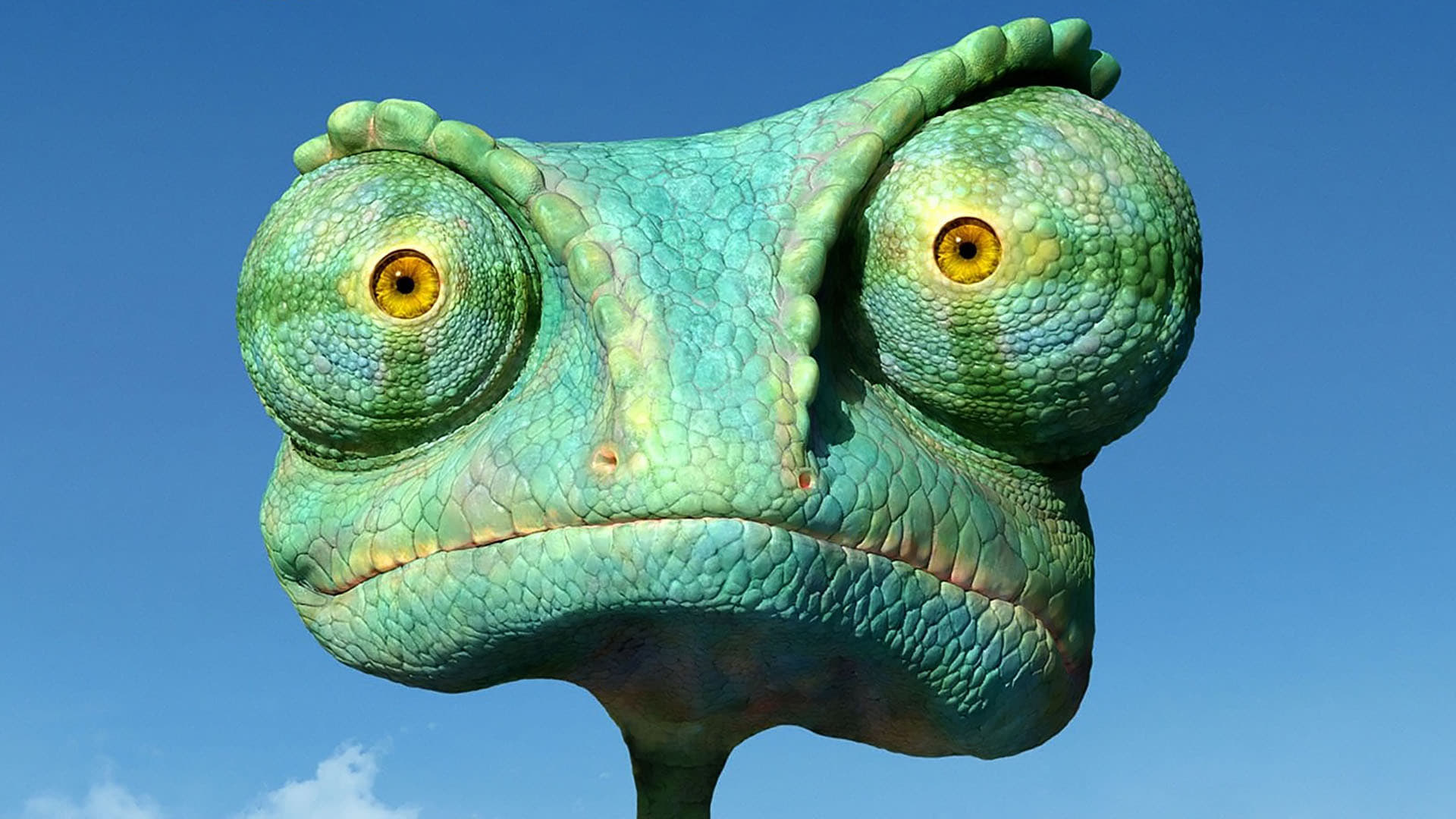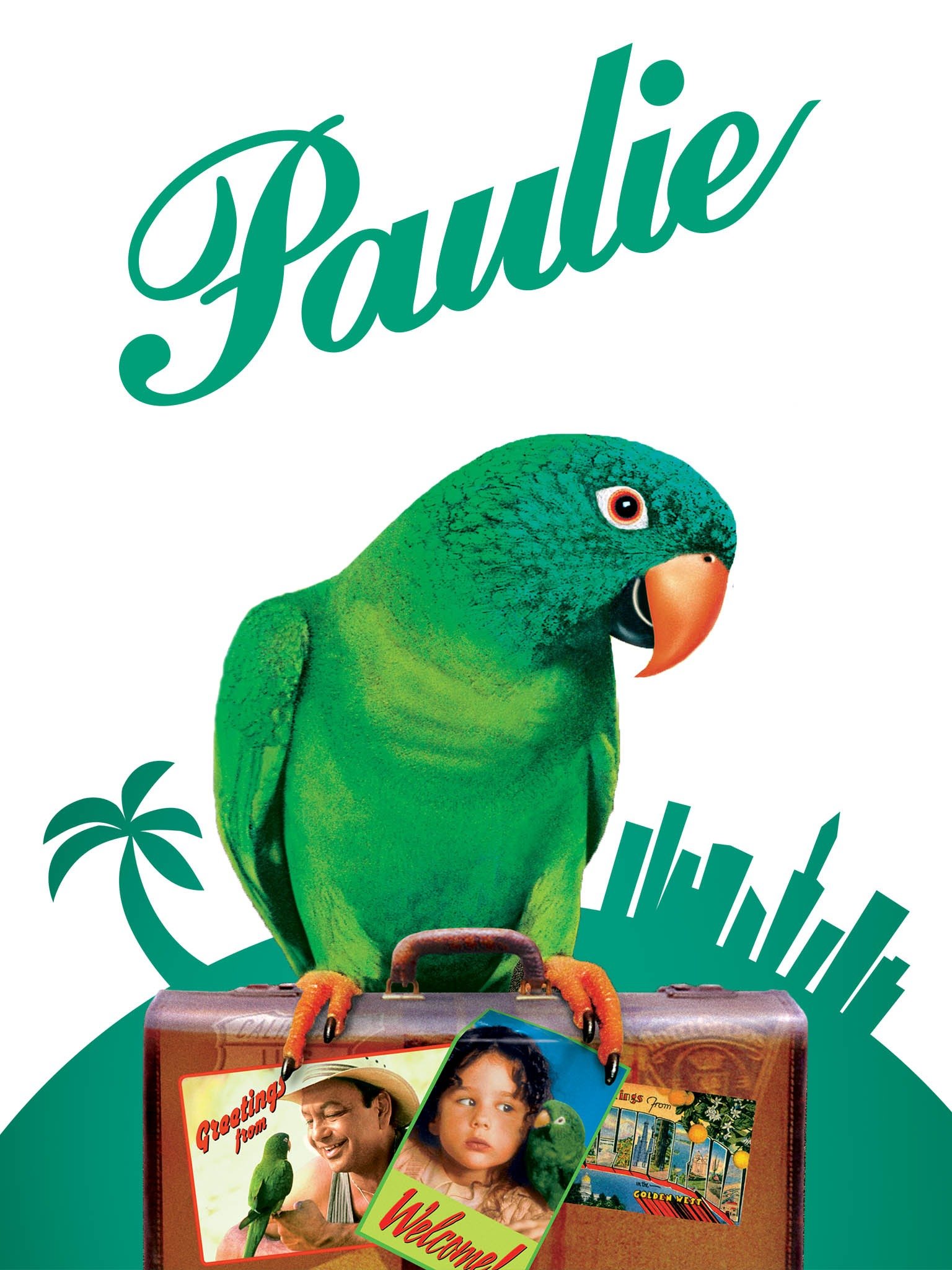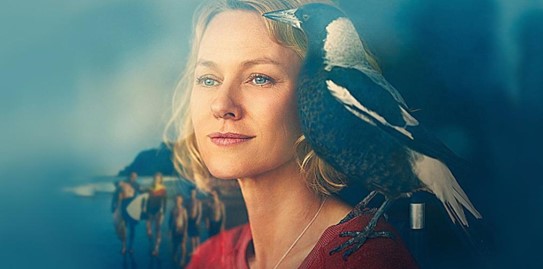Tag: Comedy
-
Don’t Look Up, Adam McKay, 2021, Netflix
“You’re going to die! You’re going to die!” Through a plot that follows the fight for a response to humanity’s impending doom when a comet is discovered to be heading for Earth, the message of Don’t Look Up is clear: unless those with power start listening to those calling for action against global disasters –…
-

Rango. Dir. Gore Verbinski. Paramount Pictures. 2011.
As Rango’s terrarium hits the concrete and shatters, the bleak reality of human nature and the wake of destruction we leave becomes apparent. To humans, animal suffering is a mere bump in the road – literally. In the opening scene of Rango, the car in which Rango is travelling hits a passing armadillo attempting to…
-
The One and Only Ivan. Dir. Thea Sharrock. Walt Disney Studios Motion Pictures. 2020.
As the name of the film suggests, The One and Only Ivan showcases the individuality of animals and their much-like human personas, highlighting the injustice of their captivity. Standing out from Disney’s animated catalogue, the use of CGI (computer-generated) animals encourages the audience to interpret the unexaggerated personality of the animal protagonist by presenting them…
-
Pocahontas. Dir. Eric Goldberg and Mike Gabriel. The Walt Disney Company. 1995.
In Pocahontas, the animosity between Meeko, the Native American raccoon and Percy, the English pug is a microcosm of the conflict between the Native and English humans. The animals are comic foils, providing family-friendly slapstick relief from human violence. However, the inclusion of animals adds meaning beyond just comedic value. The animals and humans both…
-

Paulie. Dir. John Roberts. Dreamworks Pictures. 1998
Paulie is a blue crowned conure, trapped in a small cage within a Research Institute. When he befriends Misha the janitor, Misha realises that Paulie can do more than talk- Paulie understands! Paulie is a family film that uses comedy and lighthearted fun to discuss the issues it presents. Paulie’s ideal life is to return…
-
Jojo Rabbit. Dir. Taika Waititi. Fox Searchlight Pictures. 2019.
Taika Waititi’s Jojo Rabbit embodies the toxicity of hegemonic masculinity in Nazi Germany, utilising the rabbit ‘as a material and symbolic resource.’[1]. Waititi’s decision to navigate the film through the eyes of ten-year-old Jojo is significant, as Jojo’s own conflicted sense of masculinity is underscored through the rabbit as a symbol of gender, as his…
